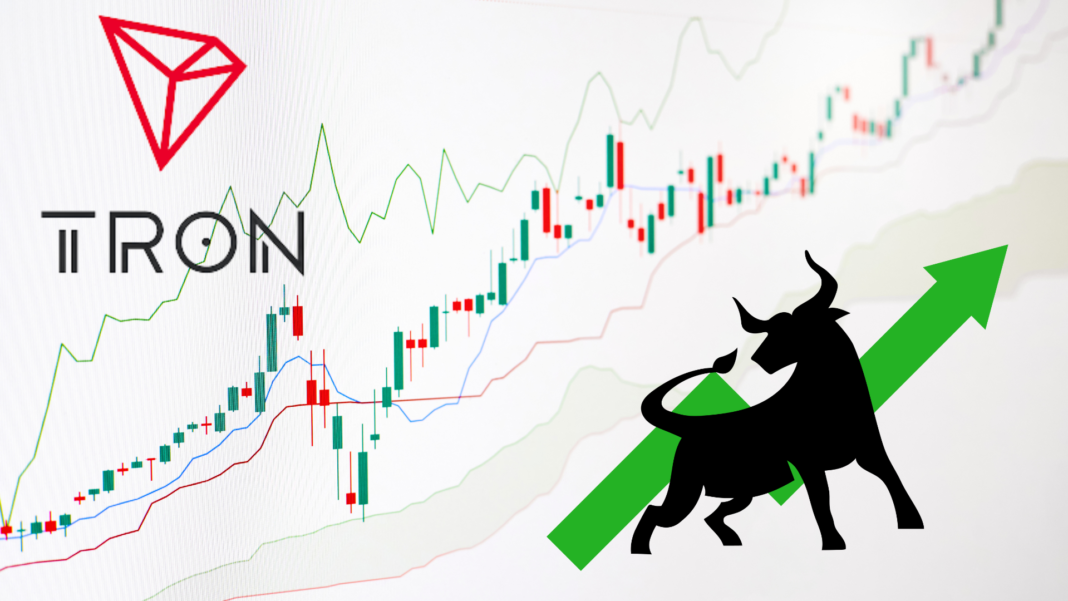The decentralized blockchain-based platform TRON has announced that it intends to provide a fee-free stablecoin coin transaction experience for its users.
Justin Sun, the founder of TRON, took to social media platform X, saying that their development teams are striving to significantly cut fees in order to provide users with a stablecoin, fee-free coin transaction experience.
The new decision for the ecosystem also comes while TRON reported a good result for the fourth quarter of 2024.
TRON Marks Growth In Market Capitalization, Revenue
According to reports, in Q4 2024, TRON saw excellent growth in a number of important indicators, including a 62.46% QoQ gain in market capitalization, which reached $21.94 billion.
Additionally, the ecosystem recorded a 34.81% QoQ increase in revenue, which reached an all-time high of about $740.29 million.
However, in Q4, DeFi activity on TRON yielded mixed results. DeFi TVL in USD dropped by about 6.23% to about $7.39 billion, but it nevertheless held its ranking as the third-largest network by TVL.
The volume of the daily DEX increased by about 135.12% QoQ, with SUN V3 making up about 78.98% of the total volume.
Anaximander and Epicurus were two technical enhancements made by the TRON developer community in Q4 that improved developer tools and system performance. With 8,149 nodes spread across 82 sites and 423 Super Representative candidates (+4 QoQ), TRON further enhanced network decentralization.
TRON’s Stablecoin Market Cap Sees Fall
Interestingly, the decision to provide a fee-free stablecoin coin transaction comes at a time when the ecosystem saw a drop in stablecoin market capitalization.
With USDT on TRON accounting for around 98.30% of the stablecoin market capitalization, or $57.69 billion (down approximately 2.11% on a quarterly basis), stablecoin usage remained robust.
The average daily USDT transfer volume reached around $18.43 billion, up about 28.18% on a quarter-over-quarter basis.
TRON’s New Decision Comes Amid A Strict Competition in The Stablecoin Market
TRON’s decision to excel in the stablecoin market comes amid heightened competition in the market. Stablecoins are cryptocurrency tokens that are usually set to be based on the value of the US dollar or another conventional fiat currency.
Mainstream companies like Visa, PayPal Holdings Inc., Stripe Inc., and others are investing in initiatives incorporating stablecoins.
Since issuers can now invest reserves supporting stablecoins in short-term US Treasuries with attractive returns, this subsector of the digital asset ecosystem has proven to be a profitable enterprise.
Additionally, the usage of stablecoins as real currency in transactions is becoming more and more popular worldwide, in contrast to Bitcoin and other tokens that are subject to price volatility.
They also pledge to shift the industry’s power dynamics. The firms that dominate the stablecoin industry will significantly impact future financial developments.


